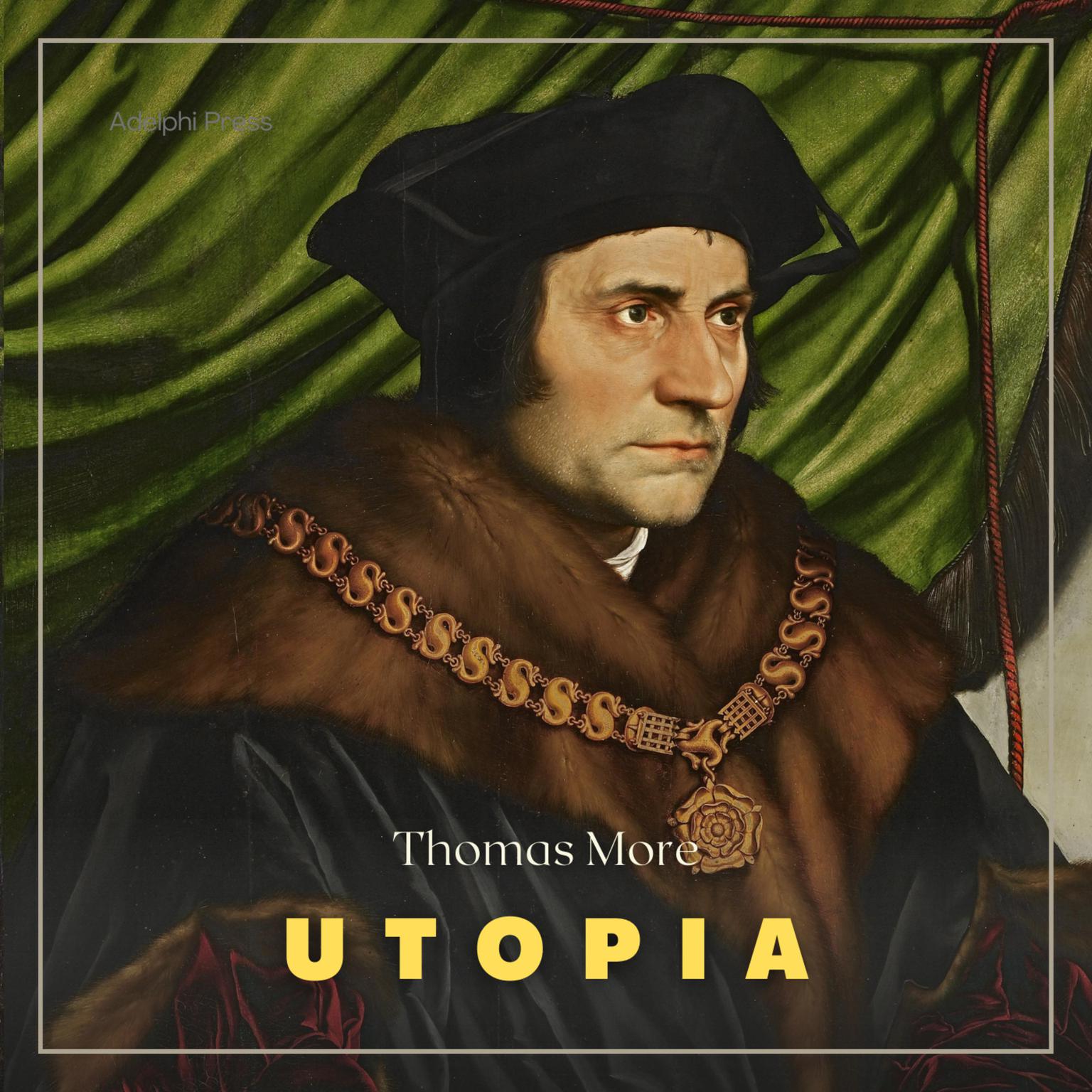 Play Audiobook Sample
Play Audiobook Sample
Utopia Audiobook
 Play Audiobook Sample
Play Audiobook Sample
Quick Stats About this Audiobook
Total Audiobook Chapters:
Longest Chapter Length:
Shortest Chapter Length:
Average Chapter Length:
Audiobooks by this Author:
Publisher Description
Utopia by Thomas More is a seminal work of literature that has long been regarded as one of the most influential pieces of philosophical and political writing in history. In this text, More sets out to create an idealized version of a commonwealth in order to explore the most desirable forms of government and social organization. Through his vivid imagery, he creates a vision of a utopian society that is based upon the socio-economic principles of communal ownership, religious tolerance, and gender equality. Read in English, unabridged.
Download and start listening now!
Utopia Listener Reviews
Be the first to write a review about this audiobook!
About Thomas More
Sir Thomas More (1478–1535), English statesman, lawyer, humanist, saint, poet, and author, was one of the most versatile and talented men of his age. He held important government positions, including serving as lord chancellor. Though he had been a long-time friend of King Henry VIII, he was a staunch Catholic and could not accept the king’s demand that all subjects acknowledge the king above the pope, resulting in his execution in 1535. With his writing of Utopia, he takes his place with the most eminent humanists of the Renaissance.






